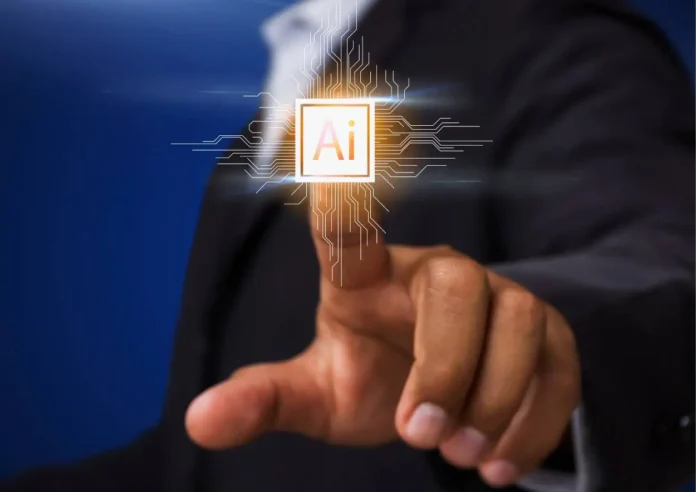Understanding automation and AI The advent of automation and artificial intelligence (AI) has changed our modern world. These technologies revolutionize how we work, live, and interact. Automation uses machines and software to do tasks humans previously performed. AI involves developing computer systems to handle tasks requiring human intelligence. These tasks include visual perception, speech recognition,…
RELATED ARTICLES
© NewInAsia.com 2024








